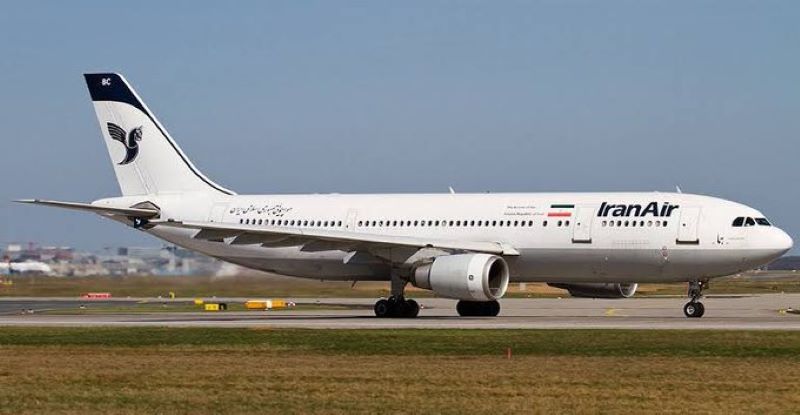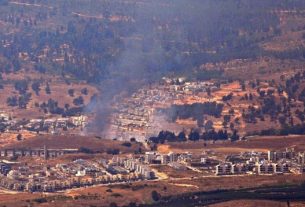LONDON — The UK government has imposed new sanctions on Iran’s national airline, Iran Air, and its largest shipping carrier, Islamic Republic of Iran Shipping Lines (IRISL), in response to their involvement in supplying ballistic missiles to Russia. The sanctions, announced on Monday, are part of the UK’s ongoing efforts to curb Iranian support for Russia’s military activities in Ukraine.
The UK government said the two state-owned companies were involved in the transportation of weapons to Russia, including missiles that have been used in the ongoing conflict against Ukraine. The sanctions will freeze the assets of both companies in the UK and restrict Iran Air’s ability to operate direct commercial flights to and from the country.
British Foreign Secretary David Lammy condemned Iran’s actions, stating that “Iran’s attempts to undermine global security are dangerous and unacceptable,” and reiterated calls for Tehran to end its support for Russia’s “illegal war” in Ukraine. The sanctions are seen as a direct response to Iran’s deepening military ties with Russia, which have grown in recent months with Tehran supplying Moscow with drones, missiles, and other military equipment.
In addition to targeting Iran’s key transportation sectors, the UK also sanctioned a Russian cargo ship, PORT OLYA-3, accusing it of being involved in the transportation of military supplies from Iran to Russia. The ship’s role in the logistics network supporting Russian forces in Ukraine has drawn condemnation from Western leaders, who are increasingly concerned about the growing military cooperation between Russia and Iran.
The sanctions come amid escalating tensions between Iran and Western powers, as the West continues to push back against Tehran’s support for Russia. Over the past year, Iran has come under increasing scrutiny for providing military aid to Moscow, including drones and missiles, which have been used in Russian attacks on Ukrainian infrastructure. The UK, along with the European Union and the United States, has imposed several rounds of sanctions targeting Iranian entities linked to military production and exports.
The latest measures also reflect broader geopolitical shifts, as the Iran-West tussle intensifies. In recent months, Iran’s alignment with Russia has deepened, and Tehran’s cooperation with Moscow has become a flashpoint in international relations, particularly in the context of the Ukraine war. Iran’s continued support for Russia in the face of mounting international pressure has led to heightened scrutiny of its global activities, especially in regard to weapons transfers.
The sanctions are likely to worsen the already strained relations between Iran and the West, with Tehran having repeatedly rejected accusations of illegal arms transfers to Russia. Iran has insisted that its cooperation with Russia is based on mutual interests, particularly in the face of sanctions imposed on both countries by Western powers.
The UK’s actions come as part of a broader strategy to isolate Russia and its allies economically and diplomatically, particularly as Russia’s war in Ukraine continues with no clear end in sight. As the West seeks to ramp up pressure on Moscow, the role of countries like Iran, which have provided significant support to Russia, is expected to remain a key point of contention on the global stage.
This is the latest in a series of sanctions by the UK aimed at curbing Iran’s military support for Russia. As the conflict in Ukraine rages on, it is likely that both sides will continue to seek new ways to exert influence and counter the other’s efforts, with military and economic sanctions forming a key battleground in this high-stakes geopolitical struggle.





